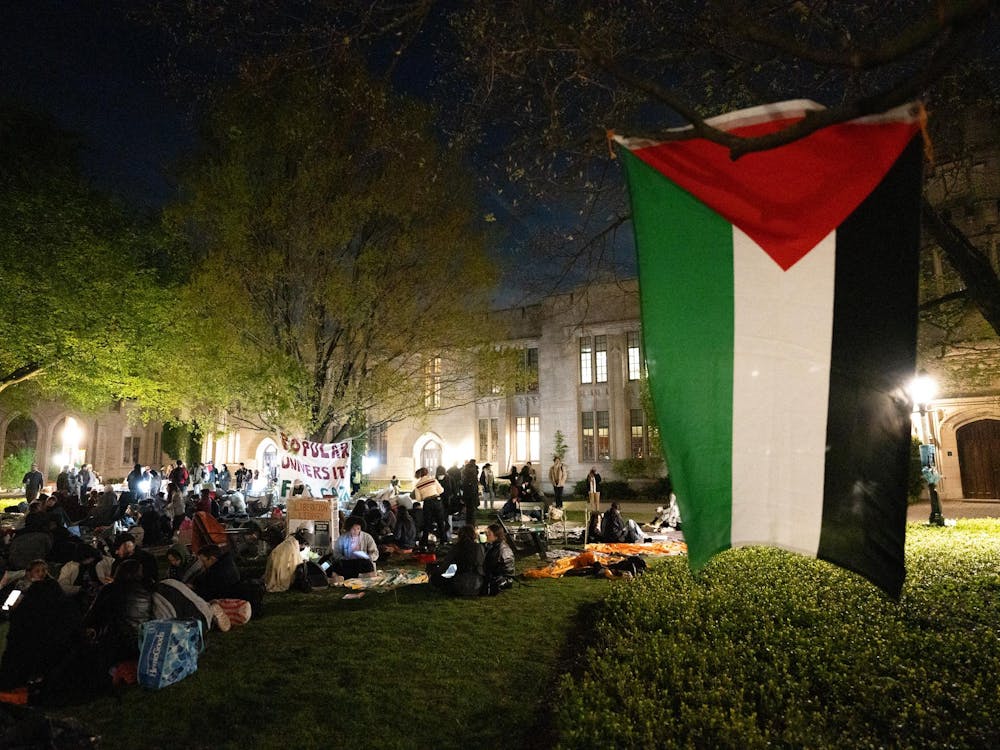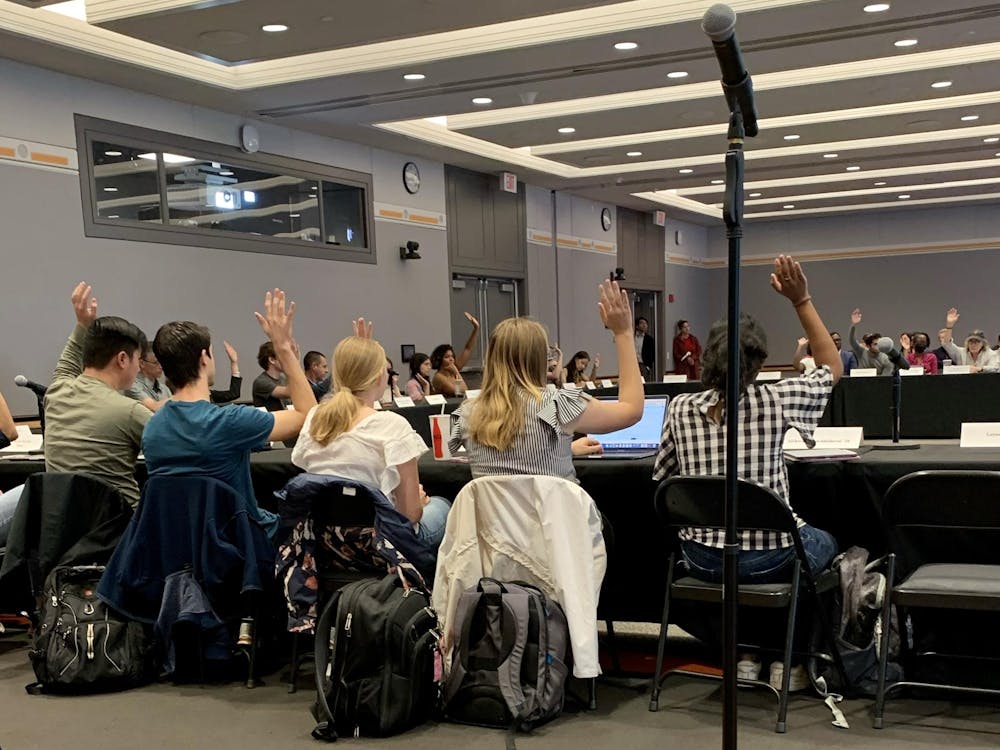Consider the academic calendars of others
Regarding 'Some changes aren't due' (Friday, Feb. 17, 2006):
How can spending winter break working on independent work, finishing final projects, and studying for exams possibly be considered "mitigating the stress that frequently afflicts [students] at the end of the semester?" Even by the most mild definitions of stress, any Princeton student who is compelled to work during winter break is painfully aware that the experience is simply bringing end-of-semester stress into what should be vacation time, and it does not reduce the overall amount of stress in the slightest.
Perhaps I am biased because I belong to the subset of Princeton students who feel forced to spend their winter breaks in isolation, working. For many of us, working over winter break is not a choice. There is no reason a student would voluntarily give up what's supposed to be vacation and relaxation time unless that student is feeling enormous pressure and stress.
Please, make some effort to consider more than your own situation in terms of the academic calendar. While moving exams before break may seem "unnecessary" to a majority of Princeton students, it means all the world to those whom it affects the most.
David Weiss '07
Professors must continue to instill linguistic wonder in students
Regarding 'The aggravating foreign language' (Wednesday, Feb. 15, 2006):
Jason Sheltzer argues that "Requiring proficiency in a foreign language as a prerequisite to graduation is an unnecessary source of aggravation to many students and is tangential to Princeton's present-day goals as an institution." The first objection is inconsequential: very few students are so naturally versatile that they feel no "aggravation" whatsoever as they fulfill the distribution requirements that characterize a broad Princeton education. Far more problematic, however, is Sheltzer's second point: the primary goal of a university is nothing less than to preserve and promote knowledge. Acquiring knowledge can indeed often be "work-intensive," but for Sheltzer to claim that hard work is "generally unenjoyable for the students" suggests that his priorities are misplaced.
Sheltzer gets one thing right: "[T]he optimal time to learn a foreign language," he notes, "is during childhood. I am certain that my colleagues would all agree that it is an advantage, both at Princeton and in life afterwards, to reach the age of 18 already proficient in one or more languages aside from English. Until the generally dismal foreign-language programs in America's schools improve, the many pedagogically outstanding professors at Princeton will just have to keep working all the harder to instill linguistic wonder in those students who were ill-served before college.
Joshua T. Katz Assistant Professor of Classics
The challenge of the New Century Hymnal
Regarding 'Sing unto the Lord a postmodern song' (Monday, Feb. 13, 2006):
Three cheers (in Trinitarian splendor) for this wonderful piece. Professor Fleming has very adequately captured the difficulty and challenge of singing from the New Century Hymnal.

I would encourage the University Chapel to reconsider hymnals — perhaps the publisher will take the books back for a full refund (owing to the gratuitous alteration of classic texts without proper approval from the authors).
These past few years at Princeton Theological Seminary have caused me question, too, whether God wills a world without pronouns. I doubt he does.
Garrett Bugg Princeton Theological Seminary








